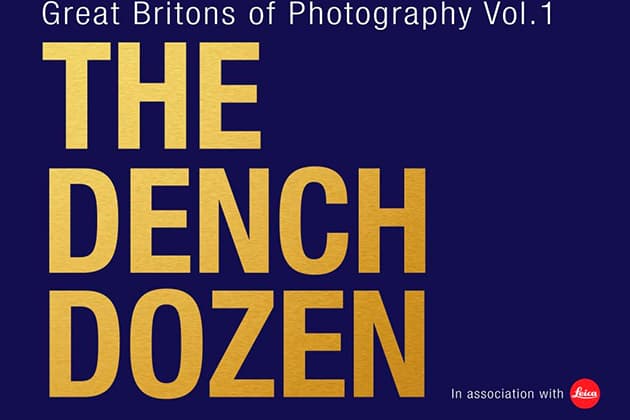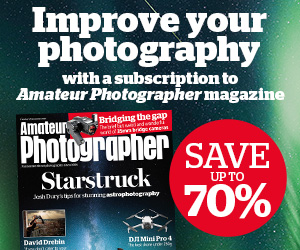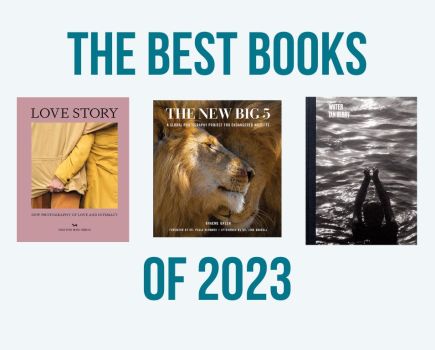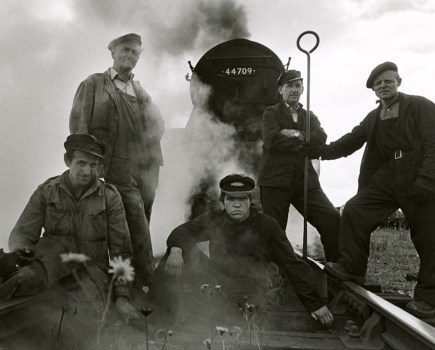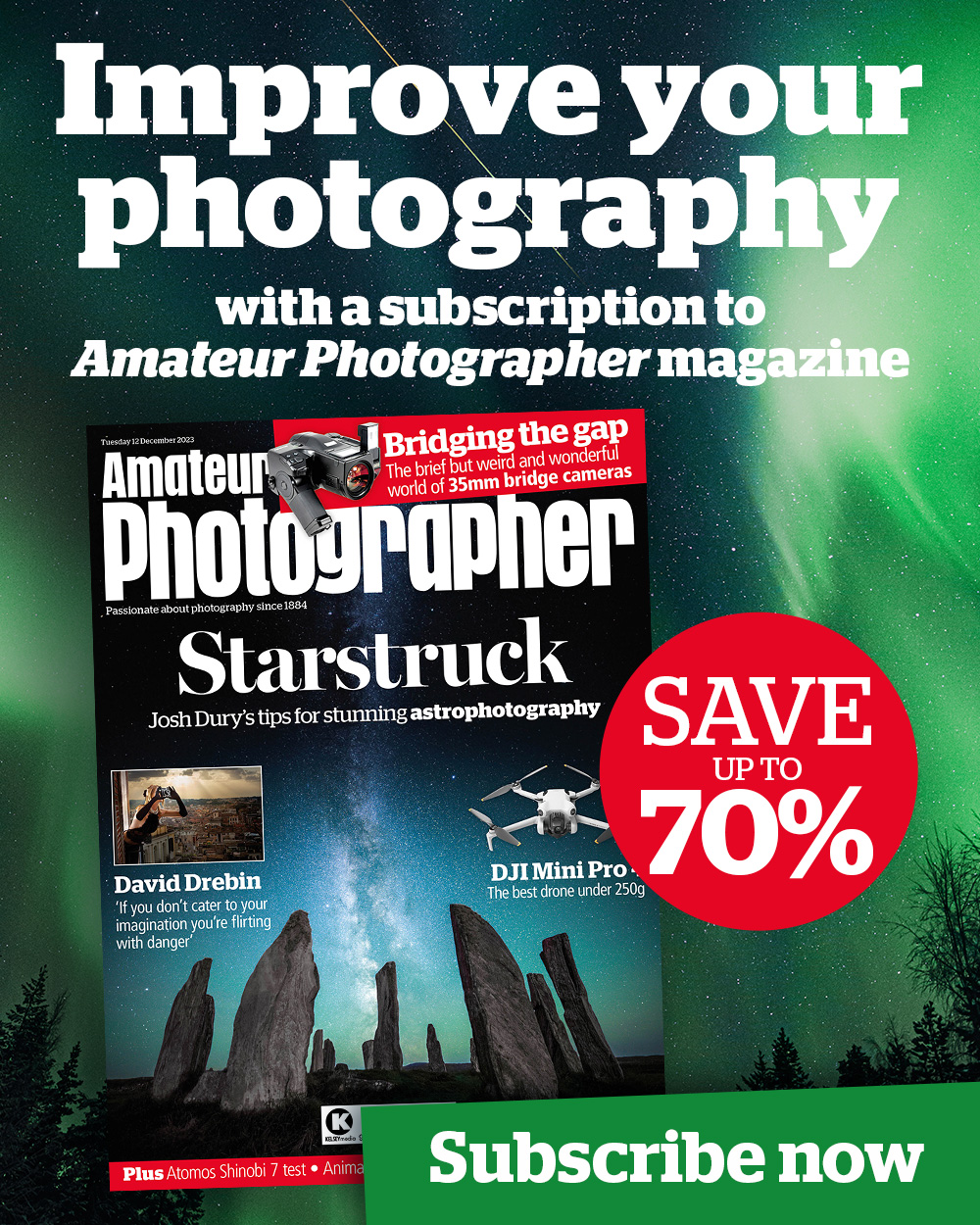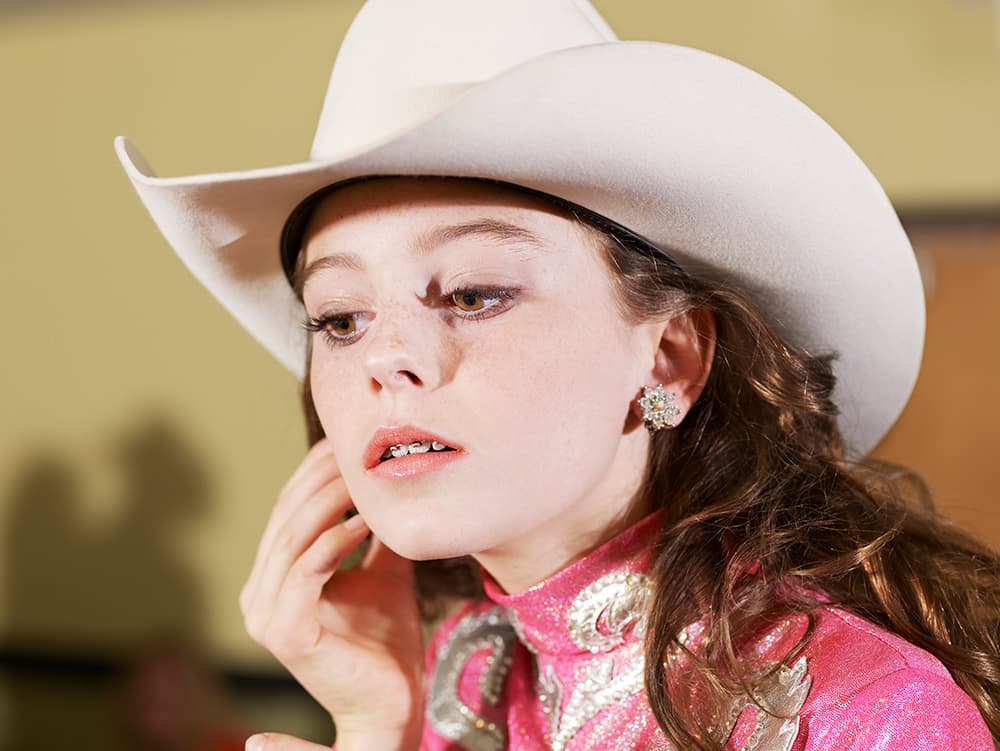
Dench’s interview with documentary and portrait photographer Chris Floyd is revealing.
Subtitled Great Britons of Photography Vol.1, this is a collection of interviews with leading documentary and fine-art photographers from these shores, along with a few who have become British by association (such as Canadian Homer Sykes). Asking the questions is Peter Dench, a flamboyant and bibulous documentary photographer who’s also a long-standing contributor to Hungry Eye magazine.
Dench’s interview list reads like a Who’s Who of leading contemporary names, and includes Martin Parr, Brian Griffin, Marcus Bleasdale and regular AP contributor, Harry Borden.
There are some redoubtable characters in this line-up, but Dench is never one to be easily cowed. The unattributed promo blurb on the back of the book says it all.
‘Dench has done it. His intimate, acute and heroically revealing insights into the lives and work of some of British photography’s most colourful characters, is an instant classic.’ Dench himself gets interviewed later in the book, too.
As an award-winning documentary photographer, Dench comes at his subjects in a different way than a more generalist writer who lacks any personal experience of the pleasures, pains and unique challenges of being a full-time visual artist in 2017. There are no cheesy questions or toe-curling requests for ‘five tips to help readers take better photographs.’
Instead, a good chunk of the interviews is taken up with details of the venue – often a pub or restaurant – along with more general anecdotes from the subject’s life. Dench is a convivial character, and he tends to have the liveliest interviews with subjects who are also imbibing – his one-to-one with the portrait photographer Chris Floyd is a good example. When Dench isn’t distracted by what he’s drinking or his immediate environment, the insights come thick and fast, and the book’s strengths shine through. Here he is talking to National Geographic shooter, Marcus Bleasdale. ‘By the age of 30, Bleasdale was being paid half a million pounds a year, owned several properties and drove a Porsche 911. He packed it all in for photography. Why would he leave?… The answer is because he is angry and the driving force behind that anger is the statistics. “More than 5.4 million already dead from conflict in the Congo since 1998; the largest death toll since the Second World War. Photography is a tool, a method to inform people what is going on in the country.”’ At one point, Dench reveals how he and Bleasdale got bored during the interview, and went outdoors for a fight – we’re a long way from Melvyn Bragg territory here.
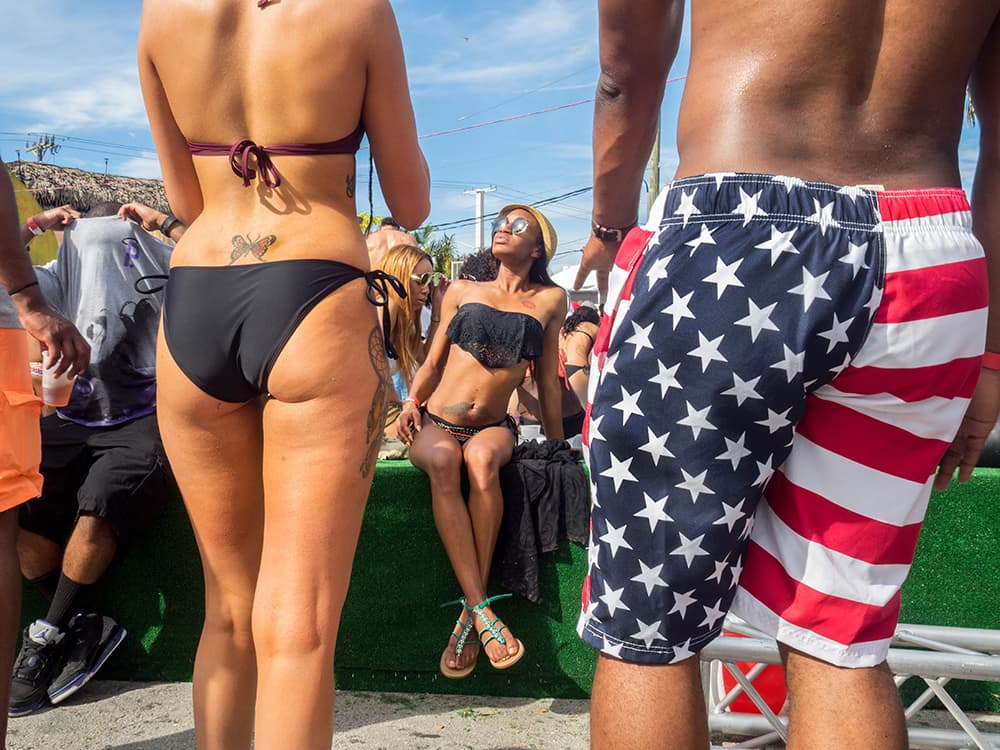
Never one to be outdone, Dench himself gets interviewed in the book.
Me, myself, I
The main weakness of The Dench Dozen is that he sometimes gets in the way of the subject and becomes an intrusive voice. Dench’s asides, frequently alcohol, food or travel-related, can get tiresome and repetitive after a while. Take his piece on John Bulmer. ‘“A New World Wine,” I declare, as I tsunami the welcome taste back over my tongue.’ One ends up being thankful that Dench chose photography as a career, rather than wine writing.
You also get the sense that the conversation petered out a bit when his subjects weren’t taking part in any liquid lunch – the Martin Parr and Brian Griffin interviews being good examples. Both feel a bit perfunctory considering their long and fruitful photographic careers. Having interviewed Parr on three occasions, I know he can be quite taciturn and reserved, but it would have been nice if Dench could have come away with some insightful quotes about his photography. The lists of Parr trivia we get instead don’t really compensate for this.
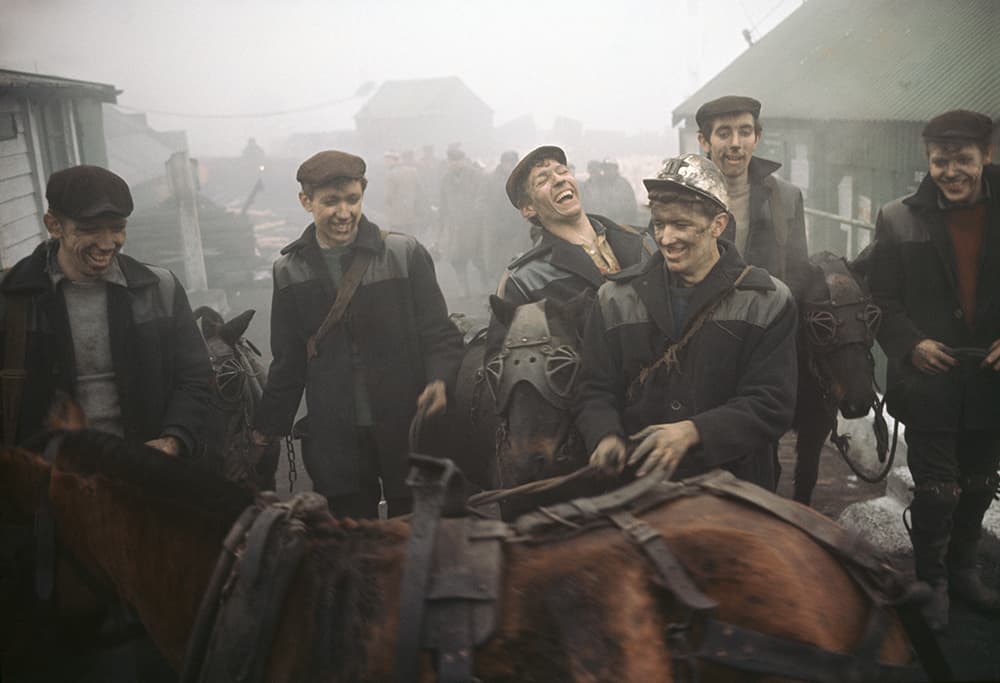
A characteristically evocative image by colour pioneer, John Bulmer.
While there are some fascinating subjects in the book, there are also some surprising omissions. Where is Dougie Wallace, for example, another larger- than-life photographer who would have been an excellent foil to Dench (and probably drunk him under the table). Or Giles Duley, another richly storied British photographer, or, of course, Don McCullin… Hopefully some of these luminaries will turn up in Volume Two.
On a more practical note, the images throughout the book are well curated and nicely printed, but it’s a shame there are no captions to provide context..
To conclude, The Dench Dozen is something of a Marmite project. Dench’s fans will lap it up, and it’s refreshing to see some big names being interviewed in a different way to the usual predictable Q & A. More agnostic readers, who’ve coughed up a hefty 50 quid to learn more about top British photographers, might end up wishing for a more conventional interview approach.
SCORE: 3 out of 5
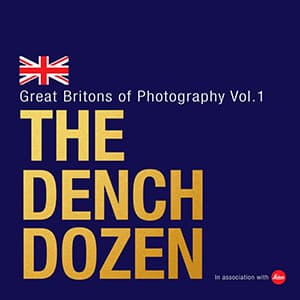
Published by Hungry Eye
Price £50, 159 pages, hardback
ISBN 978-0- 9926405-2-1
Click here to watch Peter Dench’s interview with AP

